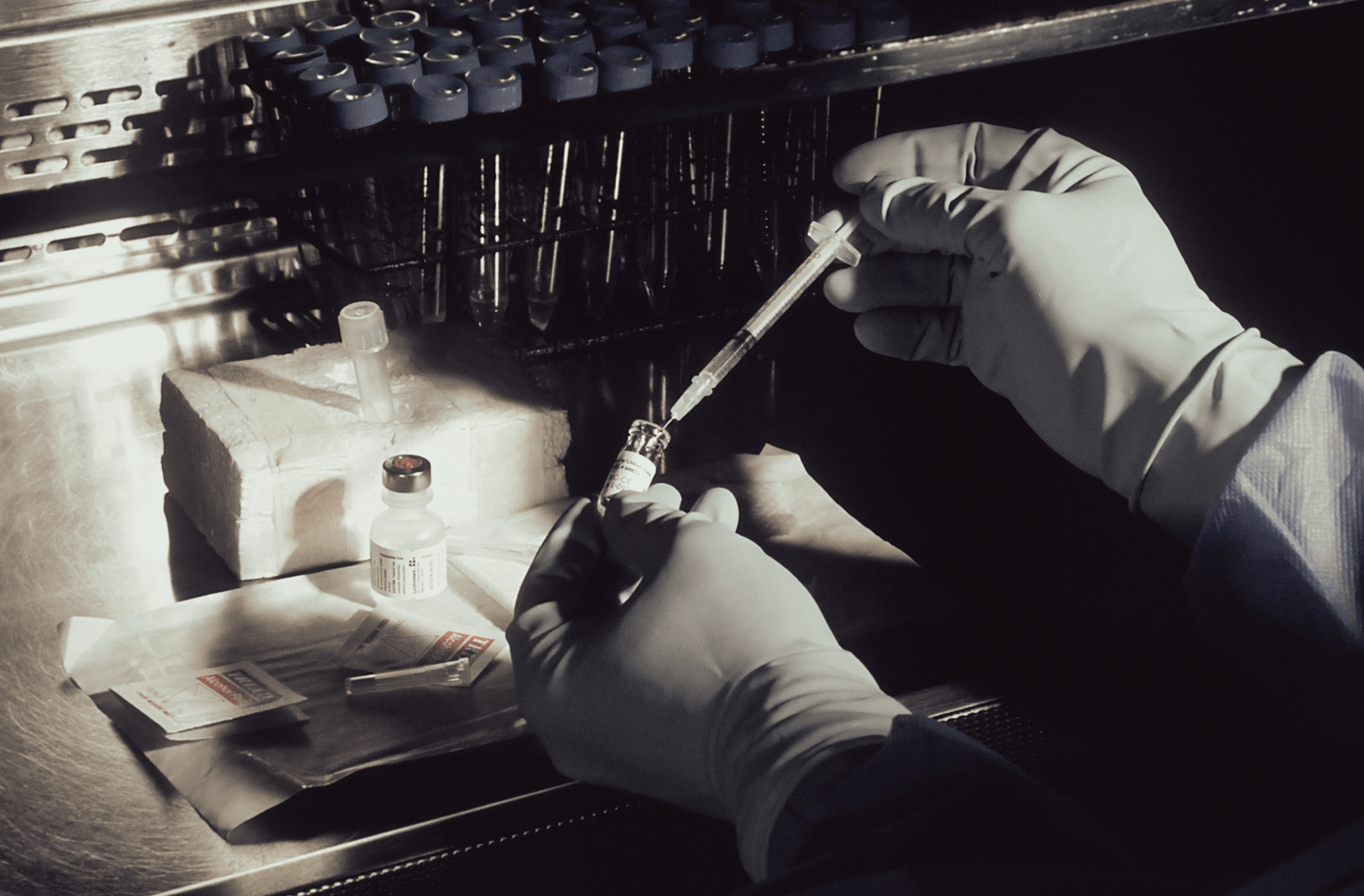
Under the Spotlight Wall St: Ginkgo Bioworks (DNA)
Improving the world’s biosecurity, helping develop new vaccines and even engineering a new banana, Ginkgo Bioworks is a US-listed biotech company that seems to be everywhere. But does this correlate with earnings growth? Let’s put it Under the Spotlight.

Biotech is often perceived as a buzzword, a term used by pharmaceutical companies to raise easy cash from venture capital funds who should know better by now. Slowly but surely, however, it’s starting to be part of our everyday lives.
The Covid-19 pandemic made clear for pretty much everyone that biosecurity isn’t something that should worry only conspiracy theorists and other fearmongers – it’s a very real threat. As world economies and populations become ever more integrated through globalisation, pathogens tend to cross borders at an ever-growing rate.
Ginkgo Bioworks ($DNA) is one of the leading biotechnology companies working to develop solutions to detect these threats early on, with the help of U.S. intelligence agency Intelligence Advanced Research Projects Activity (IARPA). Gingko also works on disease prevention: it’s one of Moderna’s ($MRNA) biggest suppliers of VCE, a key enzyme necessary for its vaccine productions.

Manufactured plants
If all this microbial stuff sounds too abstract, consider Ginkgo’s fight to save bananas.
You might not be aware, but the scientific community has long been wary of a possible banana extinction. Because their seeds are too soft, they’re unable to bear new trees. And so banana plantations are usually grown through the propagation of pups. Every banana tree is essentially a clone.
In such monocultures, diseases and pests can more easily jump from one plant to another. That’s why bananas all around the world are falling prey to a destructive fungus called fusarium wilt.
Ginkgo is developing genetically-modified bananas to help fight the spread of the disease. But it might take some time to convince fruit companies and governments that they’re safe to hit the shelves.
The company also tries to grab a share of the growing cannabis market, having developed over 10,000 different strains of the plant with over 30,000 different gene constructs. The goal is to improve the medicinal properties of THC and Cannabidiol produced by the weeds.

The not-so-goods
Despite having secured partnerships with Moderna, Bayer, Novo Nordisk and Merck, Gingko still has a long way to go to become a profitable company. In Q3 2022, its net operational losses reached US$653m, an enormous increase from the terrible enough previous year, when it lost US$26.6m. Worst of all, despite recording big losses, the company spent US$563m in stock-based compensation for its employees, raising a red flag that the board might be more concerned about filling their pockets than about the future of the company.
As some of their upside opportunities, the company lists the lease of four properties it holds in California – something you’d expect to hear from a real estate company, not a biotech one. For FY 2022, Gingko expects its revenue to rise from US$313m to the US$460m-480m range, with 59% YoY growth in active customers and 150% growth in biopharma products sales. Will $DNA be able to surprise analysts in a positive way for the first time, or will its net losses continue to surge? We probably still lack the science to forecast this.
This does not constitute financial advice nor a recommendation to invest in the securities listed. The information presented is intended to be of a factual nature only. Past performance is not a reliable indicator of future performance. As always, do your own research and consider seeking financial, legal and taxation advice before investing.

